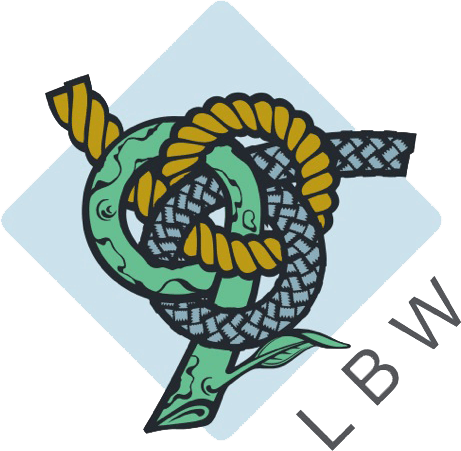GBU of Debt (The Good, Bad, and the Ugly)

Debt, like with most things, can be good for you if taken in moderation. But not all debt is the same, and some debt can be very bad for you in deed. But what is good debt and how do you avoid the bad?
In general, good debt carries a few simple traits - low interest rate and/or tax deductibility. Lowering the rate of interest can be achieved by either using some of your assets/property as security (as in most home loans) or by improving your credit score (more applicable to businesses and homeowners in the US). Being able to claim tax deductibility on most occasions comes down to what the loan was used to pay for - i.e. the loan needs to pay for an asset that has the the main purpose of deriving you an income.
Bad debt on the other hand usually has neither of these qualities (higher rate of interest and not tax-deductible).
Ranking of Debt
(for illustration purposes only)
- Money owed to parents - Most parents forget about interest altogether, though non-financial costs may be high;
- HECS - Though this is not tax-deductible, the low rate of interest (generally inflation, which is currently below 3%) means for most people this is the lowest cost debt. Also, the reason for taking on the debt is generally a very good one. Furthermore, in some cases it may be a debt that you will never have to actually repay (i.e. compulsory repayments depend upon your taxable income exceeding a certain level);
- Investment loan secured against property - Whether the investment is the property itself, shares or other asset, this type of debt generally has a low cost (mortgage rates) and is tax-deductible;
- Margin loan - This would have a higher rate of interest than the above, but it does avoid the need to place another mortgage over you home or other property;
- Business debt - Most business loans have a higher costs than personal investment loans, but are tax-deductible. Costs may become lower if appropriate security offered, but covenants required by lenders may also be high. For many businesses, such debt is used as an engine for growth;
- Home loan - A very useful source of debt, and usually comes at a low rate of interest. But its non-tax-deductability means the after-tax cost can be higher than the above;
- Car loan - Debt to purchase a much needed vehicle usually comes with a rate of interest 2-3% above mortgage rates and is generally not tax deductible (except the portion used for business use);
- Personal loans - This type of debt generally comes at reasonable costs without any tax deductability;
- Credit cards - Though you can get away with paying no interest for very short term balances, any medium to long-term debt can be very costly in deed; and
- Loan shark - Interest costs may be high. Non-financial late payment penalties may also be high.
Liability limited by a scheme approved under Professional Standards Legislation.

